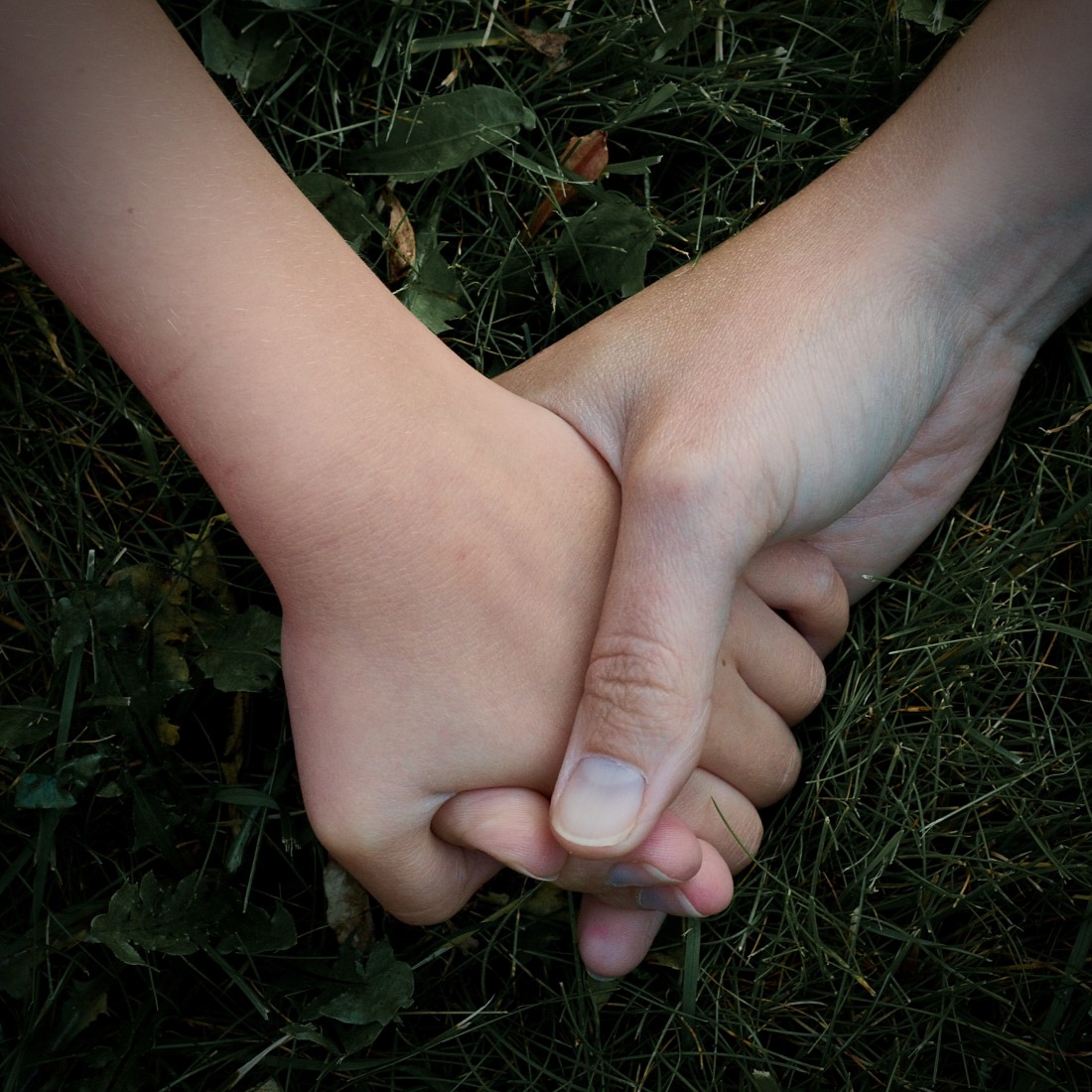On Wednesday evening, members of the greater Asheville community came together in UNC Asheville’s Lipinsky Auditorium to discuss a sensitive subject: rape culture and how it affects our community.
The panelists that evening were: Rev. Amanda Hendler-Voss, co-pastor at Land of Sky United Church of Christ; Geoff Sidoli, executive director of Buncombe County’s Child Abuse Prevention Services; Keynon Lake, Buncombe County Health and Human Services social worker and founder of the nonprofit My Daddy Taught Me That, a nonprofit that aims to educate and empower young men; Patrick Doran, loan officer at Mountain BizWorks; and Matt Lynn and Erin Wolf from Our VOICE.
The auditorium nearly filled to hear these panelists answer questions surrounding, “What can we do to prevent sexism and sexual violence?”
At the start of the discussion, moderator Kelly Kelbel defined the term “rape culture” as, “practices we engage in together as a community to excuse or tolerate … trivialize or normalize our attitudes on rape.”
Hendler-Voss started the discussion off by saying that, often, in today’s culture, “children encounter images that objectify women. Our youth is shaped and formed by that.” And rather than giving them a “healthy understanding of sexuality,” parents often dread talking to their children about what’s healthy and what’s not. This can lead kids to determine that line on their own, in private, where they can come across any number of things, she said.
Sidoli agreed: “We have a very complicated relationship with sex in this country.” We show rape scenes on TV, but shy away from talking about it in real life. “And that’s confusing for young children growing up,” especially since the Internet makes it so easy to access sexual material.
And it gets even more difficult to introduce healthy boundaries as kids get older.
“Teenagers — I see so many examples of over-inflated masculinity,” said Lynn, who works with teens through prevention outreach at Our VOICE. Teens tend to speak to each other in such a violent way, he continued. “Language is becoming something that is so dynamic. We need to look into the language that we’re using to refer to other people.”
Wolf, who works with middle school-aged children, said that her work is mostly about setting up boundaries at a young age — “boundaries in every day life, not just in relationships.”
When asked about gender roles, Lake said, “Today, you have that arrogance” in young men especially. “It’s difficult in high school. People are rude and say whatever [they want to say].” … They often don’t realize how their actions affect others. “They’re trying to find themselves and find what their role is. It’s survival mode: If I’m not acting out, it’s hard for me to survive.”
Hendler-Voss continued: If we say “men are this way, women are this way, this is what women really want — then we can turn it into a game. Women are this way and, if you do this, you’ll get this far. It turns into a game that can be scored,” and that type of mindset is unhealthy.
We need to understand “that there is a spectrum of gender identity,” she explained. “We can’t just say that anyone is a certain way,” based on their appearance.
Kelbel asked the panel if the recent sexism case witnessed in Asheville was surprising, to which Hendler-Voss answered, “Yes and no. We are swimming in a culture ripe with sexism, and we’re not immune in Asheville.”
Specifically, in the Waking Life case, she said, “I would have loved to see a group of older, wise men intervene … and say, ‘You have an addiction. There is help for you.’ If our primary response is shaming that ends in exile, we’re chasing them to another community for them to continue the same practices there.”
Sidoli, who has been working in his field for 25 years, warned that he may come off a bit jaded, but he’s noticed that every time a community comes together for a cause, it “pops up, we have a reaction, it dies down.” Then it starts anew the next time the issue arises. “If we really want to do something, we have to do it every day” and continue to have that discussion. “This is something we need to be aware of. Weave it into our fiber [through discussion] if we want to deal with it, because it’s [already woven] into the fiber of our community.”
Doran, the loan officer who worked with Waking Life, said he hopes to see a “phoenix rising from the ashes,” from the business perspective, “with coffee shops donating profits to places like Our VOICE.”
One important point, said Lake, is that we need to “educate young men — inform them on making responsible decisions and being accountable. … It’s a tough topic, but you have to have continued dialog.”




What rape culture. More like feminist culture. Women are sexually liberated but they show us time and time again, cannot make wise choices in regards to their own well being. And of course can always accuse men of rape to merely ABSOLVE themselves of responsibility. I think it’s high time to start treating women as equals but that of course never enters into the conversation.
Let me add you’ll gladly tote the line about teaching young men about responsibility but never utter the same about women. Hence why American culture produces women that are not capable of making any decisions because they are always given a free pass from the same.